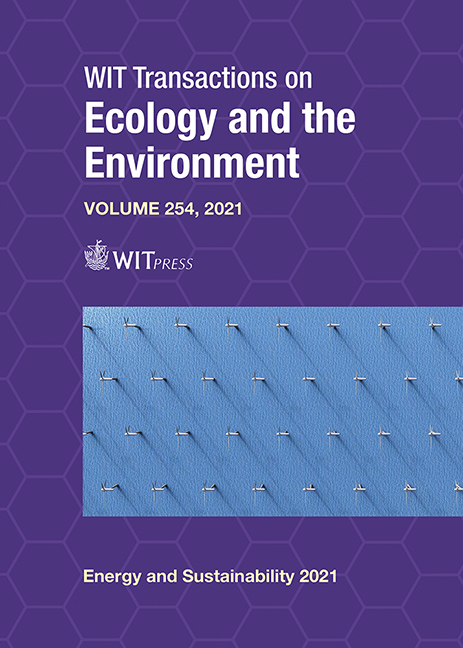CIRCULAR ECONOMY CONCEPTS APPLIED TO WASTE ANAEROBIC DIGESTION PLANTS
Price
Free (open access)
Transaction
Volume
254
Pages
12
Page Range
57 - 68
Published
2021
Size
305 kb
Paper DOI
10.2495/ESUS210061
Copyright
Author(s)
FRANCESCO PALERMITO, ELENA MAGARIL, FABIO CONTI, ANDREY KISELEV, ELENA C. RADA
Abstract
Anaerobic digestion contributes to the implementation of circular economy (CE) concepts. This process is assuming an increasingly important function in the treatment of the organic fraction of municipal solid waste (MSW), that is, food waste, where selective collection is optimised. The possibility of combining the recovery of matter with energy makes this approach interesting for the concepts of circular economy. Specifically, the extraction of biomethane from biogas and the following refining of the residual off-gas from impurities gives as result the extraction of CO2that can also be used for food industry applications. A high-quality source separation of food waste gives the chance to generate a good product, compost, coherently with the aims of the circular economy principles. The use of dry processes of anaerobic digestion allows avoiding the discharge of (treated) water in the environment. Co-digestion is another option that deserves a wider adoption, because of the possibility to exploit existing volumes of digestion. This paper presents a bibliographic research based on current CE progress and MSW anaerobic digestion infrastructure in Italy and Russia. Perspectives of the sector are discussed too.
Keywords
anaerobic digestion, biomethane, CO2, food industry, food waste, organic fraction of municipal solid waste





